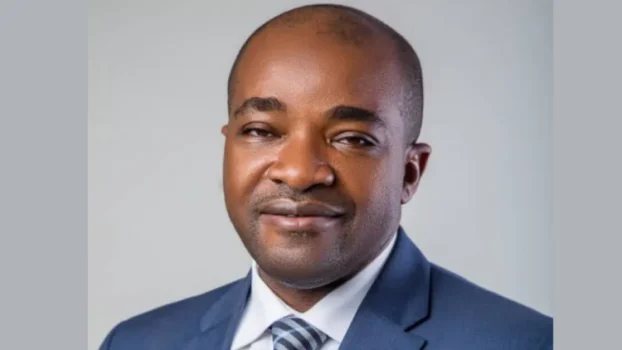By Tony Obiechina, Abuja
Chairman of Nigeria Economic Summit Group (NESG), Mr Niyi Yusuf has reiterated the need for the country to reduce continued dependence on oil by developing other sectors like agriculture manufacturing and technology.
According to him, “this will not only create jobs but also ensure a more resilient economy that can withstand global shocks”.
Speaking at a National Economic Dialogue themed, “Nigeria’s Economic Future: 25 Years of Democracy and Beyond.” oorganised by NESG in Abuja on Wednesday, My Yusuf said “While we have made strides in diversifying our economy, much work remains to be done.
“We must continue to reduce our dependence on oil by developing other sectors such as manufacturing, agriculture, and technology. This will not only create jobs but also ensure a more resilient economy that can withstand global shocks”.
According to him, “the future of Nigeria’s economy depends on the skills, knowledge and health of our people. We must invest in education and vocational training to equip our youth with the tools they need to succeed in a rapidly changing world. We must provide universal health coverage for our citizens.
The NESG helmsman further stated that by prioritizing human capital development, “we can unlock the full potential of our population and drive sustainable economic growth”.
Mr Yusuf further noted that security of lives and properties is essential and required for development adding that “infrastructure is the backbone of any thriving economy. We must continue to invest in critical infrastructure such as roads, railways, electricity, and digital connectivity. These investments will not only enhance productivity but also improve security and the quality of life for all”.
He regretted that corruption and inefficiency remain significant barriers to economic progres, emphasising that “We must strengthen our institutions and promote transparency in governance to build trust and attract investments. Rule of law, sanctity of contracts, and a transparent and accountable government are essential for creating an enabling environment for economic growth”.
In his remarks, the Minister of Budget and Economic Planning, Senator Abubakar Bagudu said Tinubu administration has taken note of most of the comments and almost all of them are correct and we appreciated that the NESG has over the years now become a force to reckon with in partnership with the Budget and Economic Planning function because ever since they started they recognized that it’s not a monologue,
Acccording to the Minister “it is not just staying out and criticizing but joining hands and making things better. So I must congratulate their vision and I must congratulate all of us Nigerians and indeed the last 25 years a lot have been witnessed.
He said the President has been very reluctant to reflect on the past in term of blaming anybody but the net effect is that despite efforts by previous administrations especially in the last 25 years we are not where we want to be.
“So what do we do? It’s not because of anyone’s failing but that is our realiy. We have not achieved the income per capita that we require and it’s not for lack of trying, it’s not for lack of successes. The transformation in the telecommunication sector at some point we even reversed our GDP and all this is been done and in so doing again our population has grown from 119 million in 1999 to now about 230 million almost double but our oil production for example which was 2 .2 million barrels in 1999 is now rather than being 4 million to accord with the doubling of our population still under 1 .5 reflective of cumulative years of underinvestment in the sector”, Bagudu added. READ ALSO:
- Atta descendants plan convention to support homeland
- BREAKING: AFCON 2025 – Super Eagles To Face Tunisia, Uganda, Tanzania In Group C
- 2Baba Deletes Divorce-related Posts, Video On IG
- CAF Names Nine Stadiums For AFCON 2025
- Speed Darlington Reportedly Escapes Assassination Attempt
In his closing remarks, discussions at the Dialogue have been very enlightening, “We have reflected on the significant milestones achieved over the past 25 years of our democracy, and more importantly, we’ve charted a course for the next phase of our economic journey”.
” Our deliberations today have reaffirmed the critical role that collaboration, innovation, and inclusive growth will play in securing a prosperous future for our nation. The theme, “Nigeria’s Economic Future: 25 Years of Democracy and Beyond,” has served as a powerful reminder that the work ahead of us is both challenging and filled with potential”, he added.
Other top government functionaries present at the event include, Chief of staff to President Mr Femi Gbajabiamila, Minister of Finance and Coordinating Minister of the economy, Wale Edun.


